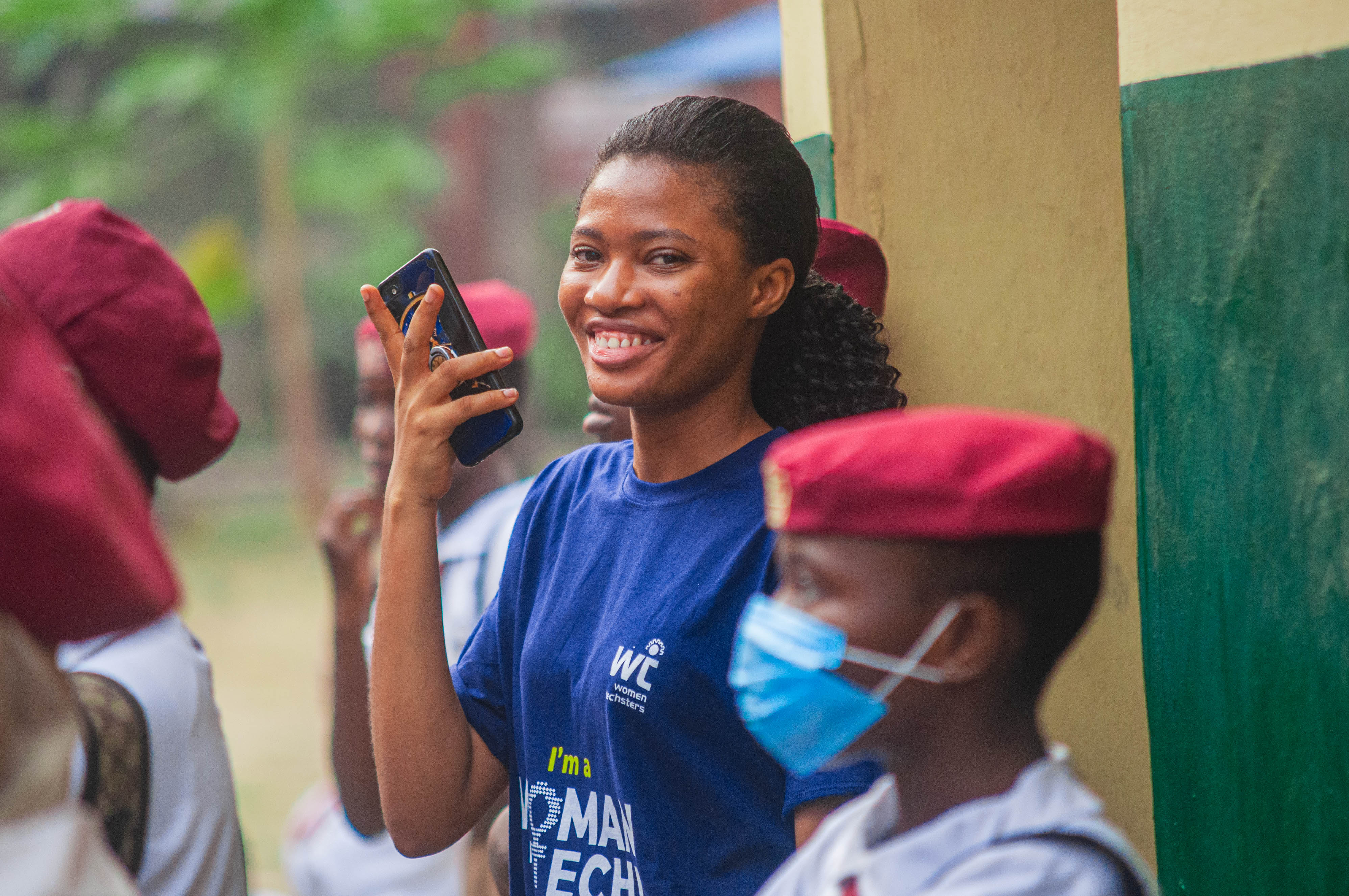 Back
Back
Gender equality today for a sustainable tomorrow.
| March 08, 2021

International Women’s Day (IWD) is a day set aside to advocate for gender equality and recognize and celebrate women constantly breaking cultural, political, social, and economic barriers. United Nations first observed the International Women’s Day in 1975, but in 1977, the United Nations General Assembly proclaimed March 8 as the official International Women’s Day date.
The theme for this year’s International Women’s Day is Gender equality today for a sustainable tomorrow. To achieve sustainable change in 2030, the U.N. outlined Seventeen Sustainable Development Goals (SDG). These goals are No poverty, Zero Hunger, Good Health and Well-being, Quality Education, Gender Equality, Clean Water and Sanitation, Affordable and Clean Energy, Decent Work and Economic Growth, Industry, Innovation and Infrastructure, Reduced Inequalities, Sustainable cities and communities, Responsible Consumption and Production, Climate Action, Life below water, Life on Land, Peace, Justice and Strong Institutions, and Partnerships for the goals.
Sustainable change/development is a lot of work, and women constitute more than 50% of the world’s population. This statistic means that the more uninvolved they are in matters piping towards sustainable development, the farther we are from achieving sustainable development, and vice versa. According to the Women’s Economic Empowerment Issues paper, April 2011 edition, Women’s economic empowerment is a prerequisite for sustainable development, pro-poor growth, and achieving all the Millennium Development Goals (MDGs).
This report also states that Women experience barriers in almost every aspect of work, and Innovative approaches and partnerships are needed to scale up women’s economic empowerment. This means that, because women have been short-changed for such a long time, involving them now requires a lot of deliberate effort.
We are conscious of this at Tech4Dev, and that is why we launched the Women Techsters Initiative last year. The Women Techsters Initiative is fully dedicated to empowering young African girls and women to access decent job opportunities within the future workplace and the right skills and support structure to enable them to start and scale technology-enabled businesses and deep-tech start-ups. In addition to this, in all our other programs, Women and other vulnerable groups consist 50% of our beneficiaries.
To commemorate this year’s International Women’s Day, The Women Techsters Initiative would be graduating the Women Techsters Fellowship Class of 2022 Beneficiaries who are 143 young, and exceptional African women that reside within Nigeria, Ghana, South Africa, Kenya, and Eygpt. The Women Techsters Fellowship Class of 2022 is the first set of beneficiaries to graduate from the Women Techsters Fellowship, and we are excited about this huge feat.
The Women Techsters Fellowship is a 1-year virtual learning program organized by the Women Techsters Initiative delivered through 6 months of intensive training, a 6-month internship, and enrolment into a mentorship program to equip women with skills to build tech careers tech-enabled businesses.
Even as we wrap up with the Women Techsters Fellowship class of 2022, the call for application for the Women Techsters Class of 2023 is already out. This time, the call for application is across 15 African countries: Nigeria, S.A., Ghana, Egypt, Kenya, Ethiopia, DRC, Tanzania, Uganda, Algeria, South Sudan, Morocco, Angola, Mozambique, and Madagascar. We aim to train 1,500 young African women across these fifteen countries, selecting the beneficiaries from each country on a quota system where 5% of the beneficiaries would be chosen from the top applicants in each country.
The aim of the Women Techsters Initiative through the Women Techsters Fellowship and its other programs is to empower 5 million girls and women across Africa with digital and tech skills by 2030. We are excited about how much we have already achieved in bridging the gender gap in the tech industry, and the ripple effect that this has in the economy of the world at large.